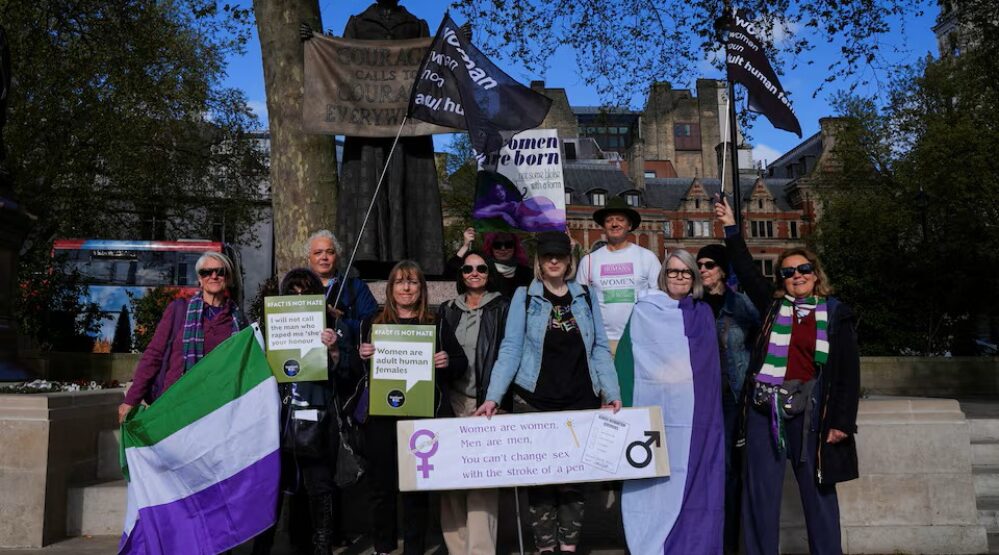HARD COPY: High European court weighs in on definition of gender
In her groundbreaking yet controversial book, The Second Sex (1949), French existentialist philosopher Simone de Beauvoir famously claimed that “one is not born, but rather becomes, a woman.” Over the last 75 years there has been a wealth of interdisciplinary scholarship to support this definition of gender, regarding it to be a socially constructed concept – something we do rather than inherently are. Denaturalizing gender has afforded subjects greater agency in their identities and everyday existences. Although the scope of gender has generally expanded and become more flexible, most definitions of gender continue to tie it back to one major reference point: the sexed body. While the gender binary has been critiqued, there is far more support for the sex binary. Despite the science that has shown how naturally diverse human bodies are sexually, the dichotomously sexed body (male or female) remains gender’s primary referent across many societies.
Britain’s highest court just reinforced this close-knit relationship between sex and gender by ruling that trans women do not meet the definition of “woman” under the country’s equality laws. This means that while trans women are free to act like women, they are not free to be women. Thus, as Sam Tobin and Michael Holden report, trans women will be excluded from accessing institutional resources reserved for women. I can see De Beauvoir’s eyeroll from here! The freedom of gender expression means little without the freedom of gender identity. This ruling essentially conflates transwomen with drag queens – artists in costumes. If this is the sort of predicament in which institutions are going to continue to put gendered subjects, then it’s clear that this present moment of gender trouble is not going to dissipate anytime soon.


